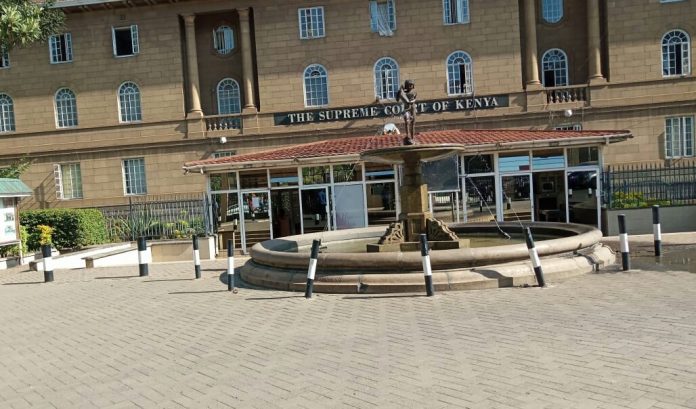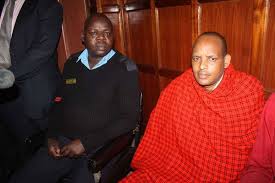The court of appeal has upheld a 25 year sentence for a man and his friend who were convicted for raping the man’s sister-in-law.
Appellate judges William Ouko, David Musinga and Jamilla Mohamed dismissed the appeal by Hillary Ndugutho Mwai (brother-in-law) and his friend James Kinyua Muthike seeking to review their sentence after losing their first appeal at the high court.
According to the judges, the high court did not err in confirming the sentence issued by the trial court according to the circumstances of the case.
“Those circumstances support the conclusion the learned Judge reached in confirming the sentence. As a result, we too find that this appeal is bereft of any merit and accordingly dismiss it in its entirety,” ruled the trio.
The court heard that on 7th May 2010 at around 1:00 a.m, the victim was woken up by two intruders who had gained access into the house by breaking in through the window where she and her daughter, who was among the prosecution witnesses, were sleeping. The two recognized both intruders as Mwai and Muthike alias Besty.
Mwai is brother-in-law and therefore an uncle to PW2, while Muthike was known generally by his alias name, ‘Besty’.
According to witnesses, the two appellants dragged the victim into the “shamba” where they proceeded to rape her in turns and after that the they led her back to the house where they met Mwai’s brother and father, who had responded to the victim’s children’s distress call.
After the appellants were reprimanded and ordered to leave the victim’s house, they went away only for Mwai to return shortly and harass the victim and her children, forcing them to spend the rest of the night in their grandfather’s house.
The following morning, Mwai was found fast asleep on the woman’s bed.
The matter was reported to the police and the two appellants arrested. The victim was examined by a clinical officer who concluded that she had been raped.
On the basis of the prosecution evidence and having considered the appellants’ defence that they had falsely been implicated, the trial court found that the charge had been proved against the appellants beyond any doubt.










